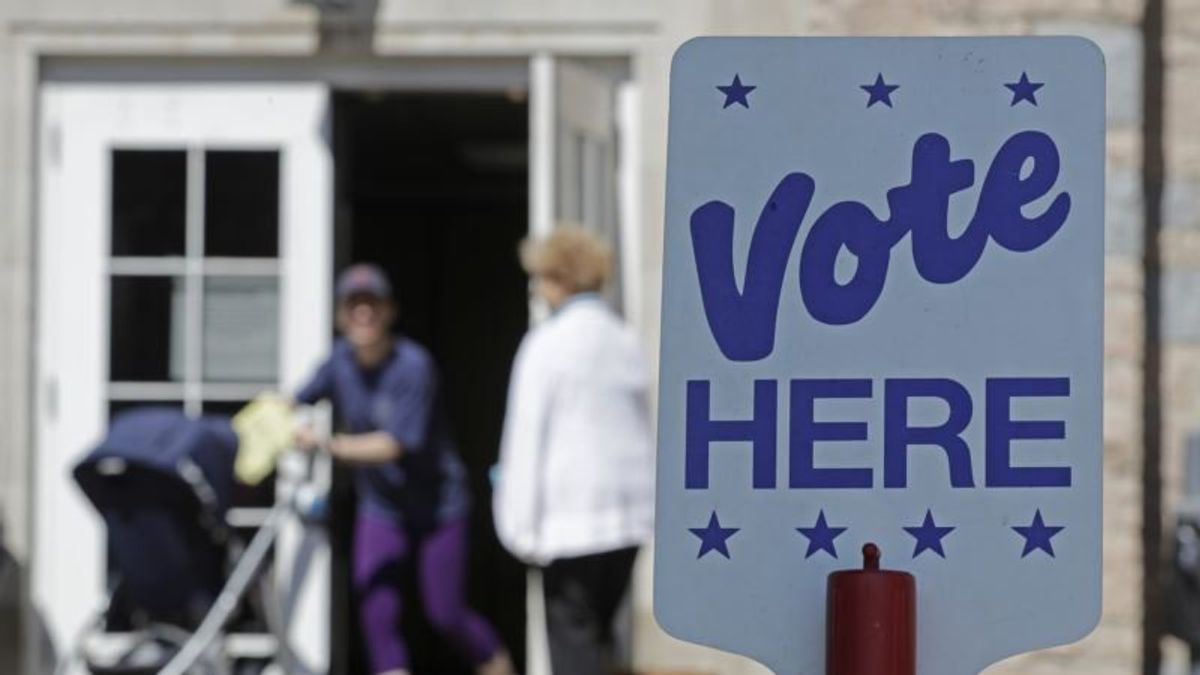
ICE’s Demand for Millions of NC Voting Records Explained
ICE's Demand for Millions of NC Voting Records Explained

U.S. federal prosecutors have subpoenaed millions of pages of voter records for the eastern half of North Carolina. And North Carolina’s board of elections is unanimous in its decision to fight the order.
Here is the story behind the demand for voter records and the resistance to it.
Subpoena
When U.S. Attorney Robert J. Higdon issued a subpoena to the State Board of Elections and Ethics Enforcement and 44 eastern counties at the end of August, he was working in conjunction with Immigration and Customs Enforcement (ICE).
ICE has not said why it wants more than 2 million ballots and 15 million voting records from the counties, in addition to all voter registration applications for the past eight years — all to be submitted in court by Sept. 25.
A clue might be found in an incident that happened in advance of the subpoenas.
Less than a week earlier, an ICE grand jury charged 19 foreign nationals for allegedly voting illegally in the 2016 election in North Carolina. ICE might be looking for other signs of fraud.
The New York Times reported Monday that Higdon, working on behalf of ICE, has also subpoenaed eight years of records from North Carolina's Division of Motor Vehicles. Federal law requires anyone who obtains or renews a driver's license be offered a chance to register to vote.

Pushback
In a closed-door meeting last Friday, the state election board, which oversees the integrity of elections, voted unanimously to direct the state prosecutor to challenge the subpoena in court on behalf of the board and the counties, if the subpoena wasn’t voluntarily withdrawn by Monday.
“We have not been given a reason as to why ICE would need that info, and candidly, I can’t think of a reason,” board chairperson Andy Penry told reporters in an earlier phone call.
The board is made up of four Republicans, four Democrats and one independent. Members worried about protecting the privacy of voters because the subpoena “seeks documents that would disclose very confidential information about the voters,” Penry said.
In the United States, voters have a legal right to a secret ballot so that their voting preferences remain private and they are not subject to influence.
The board has already gotten the document deadline extended from Sept. 25 to January, explaining it could not compile the documents when it has an election in November.

Backstory
All of this may have its roots in the time prior to the 2016 presidential election. Republican nominee Donald Trump warned repeatedly about voter fraud, saying that it was “very, very common.” Trump also claimed there was a massive problem with “illegal immigrants [who] are voting.”
After Trump won the presidency, he established by executive order in May 2017 a commission on election integrity. In the order, Trump said its purpose was to “study vulnerabilities in voting systems used for federal elections that could lead to improper voter registrations, improper voting, fraudulent voter registrations and fraudulent voting.”
The commission was disbanded last January because states refused to cooperate with it.
“Many states have refused to provide the Presidential Advisory Commission on Election Integrity with basic information relevant to its inquiry,” the White House said when it dissolved the commission.
The commission had requested voters’ names, party affiliations, addresses, and the last four digits of their Social Security numbers, among other information. More than 40 states refused to comply, saying there was no reason to share the information with the federal government, particularly with no assurances about how the information might be used.
“Even though the idea was to investigate voter fraud, it is pretty clear that the purpose of the commission was to actually affirm and validate the president's claims, whether or not we had any evidence of any such voter misconduct," commission member Matthew Dunlap told NPR.
Based on a review of available studies, the Brennan Center for Justice reported at the end of 2017 that election fraud is almost non-existent.
"Putting rhetoric aside to look at the facts makes clear that fraud by voters at the polls is vanishingly rare and does not happen on a scale even close to that necessary to ‘rig’ an election,” Brennan said on its website.
With the midterm elections in November, the North Carolina subpoena has raised the suggestion the Trump administration is again trying to establish widespread voter fraud.
“This new effort is more forceful than the commission’s requests, seeks more sensitive information about voters, and ICE has failed to explain why they want this voter information and what they would do with it,” advocacy group Democracy North Carolina said in a statement.
 Despite Scandals, Trump Supporters Remain CommittedNext PostUS Relationship With International Court Crashes Under Trump
Despite Scandals, Trump Supporters Remain CommittedNext PostUS Relationship With International Court Crashes Under Trump






